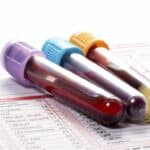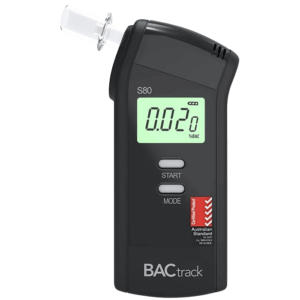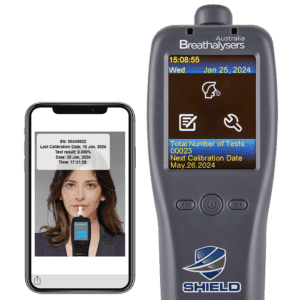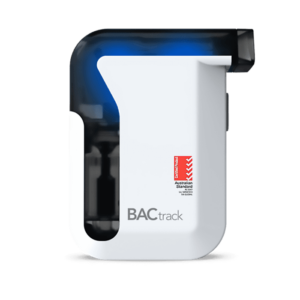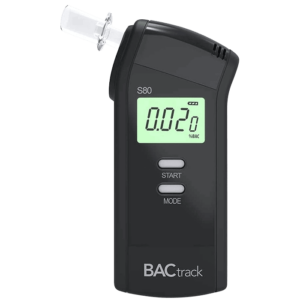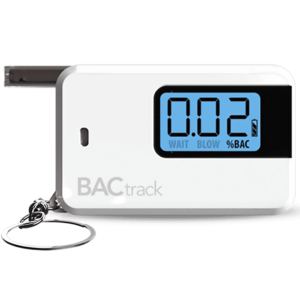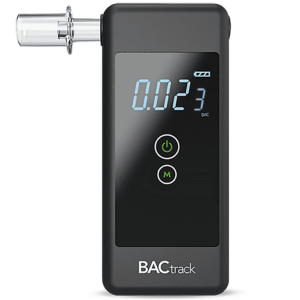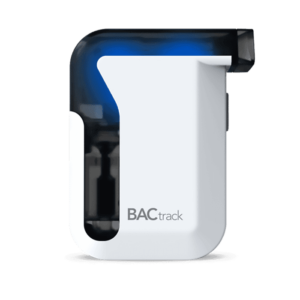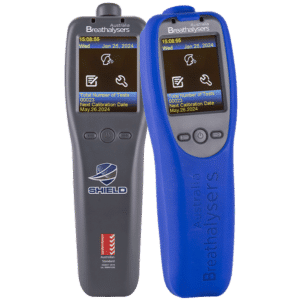Blood Test for Drugs and Alcohol: What Substances Can It Detect?
28 June, 2023
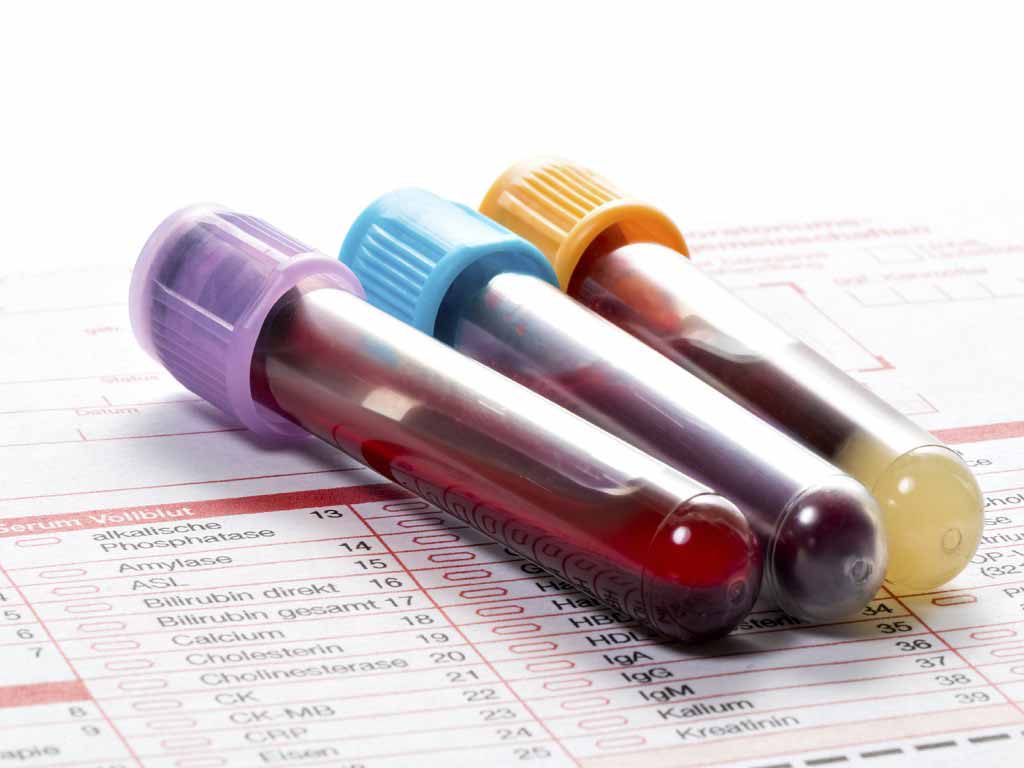
A blood test for drugs and alcohol is an effective way to detect the presence of impairing substances in the system. It is critical to determine if impairment led to an accident. Moreover, it can identify common illegal drugs like cocaine, heroin, methamphetamine, MDMA or ecstasy, and hallucinogens. Likewise, it can also determine the misuse of prescription drugs and alcohol. There are several factors and situations that necessitate a blood test.
There are various measures to check for drugs and alcohol in the system. The most common method is urine analysis. Workplaces typically use urine because it is less invasive. However, it is prone to false positives. On the other hand, a blood test is the most accurate test. Its advantage lies in its capability to get precise measurements of substances. This article will guide on the nature of blood testing and the substances it can detect.
What is a Blood Test for Drugs and Alcohol?
A blood test for drugs and alcohol involves drawing a blood sample using an intravenous procedure. The specimen requires laboratory analysis to determine the presence of alcohol and illicit substances. Unlike other screening procedures, blood analysis is more sensitive and yields accurate results. It can pinpoint the amount of current usage or traces from a previous time.
This procedure is done under the administration of a professional. It can trace alcohol for up to 12 hours and drugs for 12 to 24 hours from the last usage. The detection window would depend on the type of drug, amount, and frequency of use. The more a person consumes these substances, the longer they stay in the system.
Blood testing can be intrusive. It also has a longer turnaround time compared to other methods. Thus, it is often reserved for confirmation testing. Furthermore, the GC-MS blood test (Gas Chromatography-Mass Spectrometry) can measure the exact concentrations of drugs and alcohol in the system. It is the most accurate type of test.
When To Conduct a Test?
- Testing in emergency situations. A blood test is crucial after an accident or medical emergency to determine if drugs or alcohol are a factor. It also gives the physician a history of the patient.
- Suspicions of driving under the influence of drugs and alcohol. The test is done at a police station after a person has tested positive at a preliminary roadside screening.
- Rehabilitation centres for monitoring drug and alcohol levels of patients undergoing treatment.
- A blood test may be ordered for court cases, such as DUI arrests, violence, and child custody cases.
- Pre-employment screenings as part of a workplace testing program.
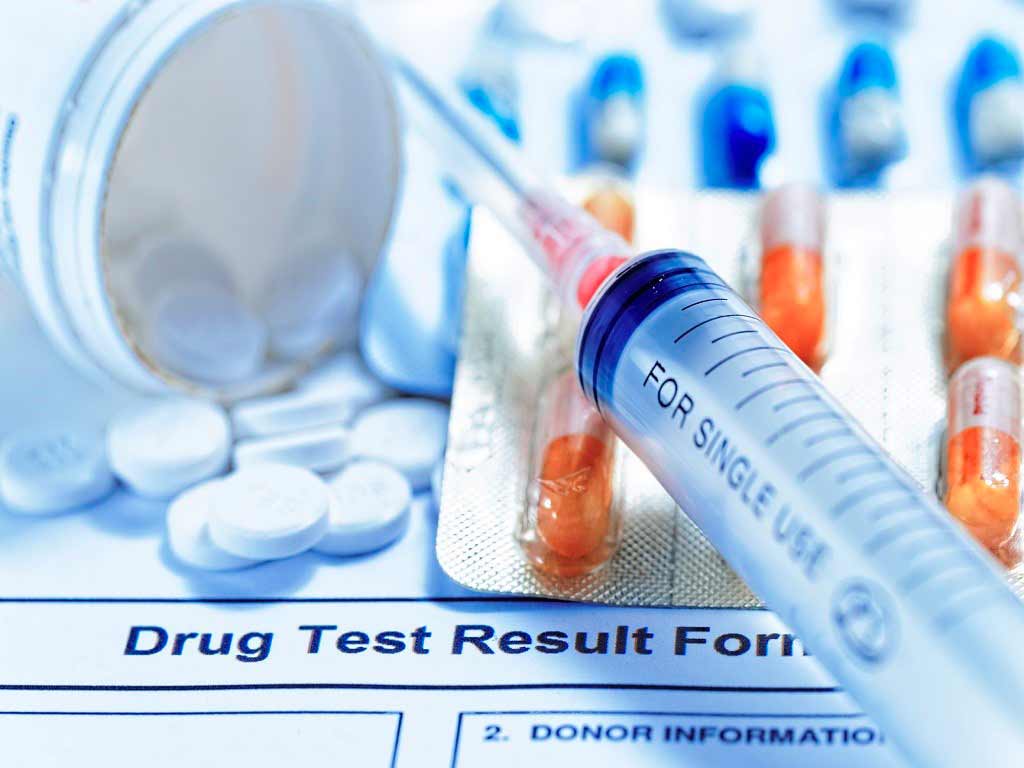
Substances Distinguished in a Blood Test for Drugs and Alcohol
A blood test for drugs and alcohol detects substances of abuse. It examines the parent drug rather than its metabolites. Generally, blood sampling can trace the main drug types: stimulants, depressants, hallucinogens, and opiates. Examples of stimulants or “uppers” are amphetamines, cocaine, caffeine, nicotine, and MDMA or ecstasy. They increase the activity of the central nervous system.
The second type is depressants. Also called “downers”, these drugs reduce brain activities and bodily functions. They also have calming or sedating effects. Examples are ethanol, benzodiazepines, and barbiturates. Furthermore, hallucinogens or “psychedelic drugs” produce altered states of awareness and mood. Overuse can cause psychological distress and trigger mental health problems. Examples are LSD, cannabis, and ketamine.
Lastly, opioids are strong painkillers. Due to their potency, they are available via prescription for treating specific conditions. Misuse can lead to dangerous side effects, such as respiratory depression, coma, and even death. Examples are morphine, codeine, oxycodone, and fentanyl. Overall, these drugs can risk addiction or overdose when taken for other purposes or immoderately.
Limitations
Blood sample tests are useful and reliable in detecting illicit substances, but they also have some limitations. Firstly, it can only detect drugs in the bloodstream and not the metabolites found in other body parts. Secondly, it has a narrow detection window of 12 hours for most drug types. Therefore, it can only determine current use or impairment.
Thirdly, it is intrusive. It needs an expert to obtain the specimen. Another limitation is that samples collected outside a laboratory need to be transported to a facility for analysis. Lastly, limited volume can be obtained, which may be difficult to detect drugs at low levels.

Where to Get a Blood Test for Drugs and Alcohol
There are various instances where you may need to get a blood test for drugs and alcohol. One option is to visit a primary care physician or a medical clinic. They can take your blood sample and send it to an accredited laboratory. Another choice is to go to a specialised testing centre.
Additionally, some employers or legal cases may require you to use a specific testing facility. Many clinics and laboratories offer blood screening services and other test methods. Typically, the results will be available within 1 to 2 business days. Before getting the test, be sure to check the requirements. You may also check online to see the services before scheduling a visit.
Other test methods that can help determine drug and alcohol use are urine and oral fluid (saliva) sampling. A urine drug screen can trace drugs and their metabolites for up to three days from the last consumption. Moreover, urine and hair tests are suitable for abstinence monitoring. Finally, a breath test can measure Blood Alcohol Concentration (BAC) or alcohol levels through a breathalyser device.
Preparation
The steps in preparing for a blood test include fasting and avoiding medicines or certain activities. It is essential to consult with your provider to ensure you are fit for the test. A physician may advise avoiding specific foods and drinks for at least 12 hours before the procedure.
It is also advisable to avoid smoking and medicines. This may include OTC medicines and supplements. In some cases, a testing officer may ask you to drink water to keep more fluid in your veins. Lastly, ensure you are well-rested before the test and avoid strenuous activities.
Conclusion
A blood test for drugs and alcohol can detect a wide range of substances that impair the brain and body functions. It includes commonly abused drugs, such as ethanol, cocaine, marijuana, benzodiazepines, amphetamines, and opiates. Misuse or addiction to these substances can lead to safety risks and long-term health complications. Therefore, it is essential in various settings like emergencies and the treatment of patients. It is also used in court proceedings to convict a person with driving violations.
Moreover, a blood test is the most accurate method for drug and alcohol screening. It is effective in confirming a preliminary positive test result. However, it has some limitations. It has a narrow detection window, making it useful for ideal for determining recent use but not for identifying habitual behaviours. In addition, it is highly invasive. Nevertheless, it is a reliable method for detecting harmful substances in the body and preventing risks.

















